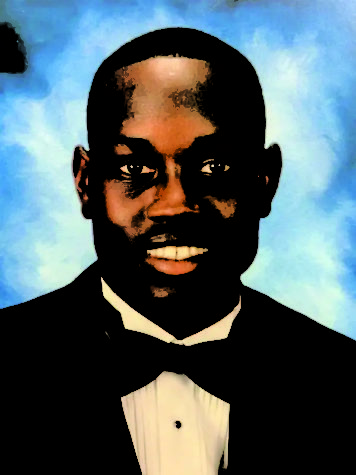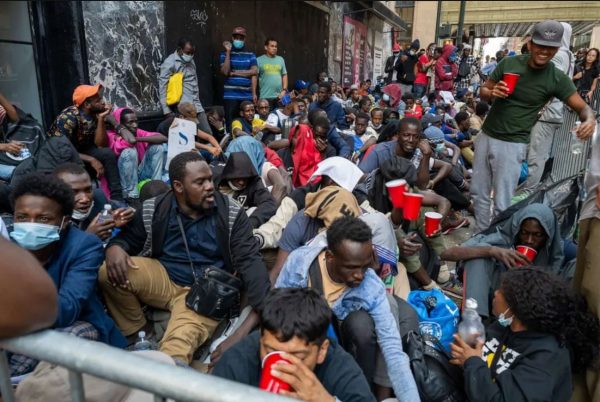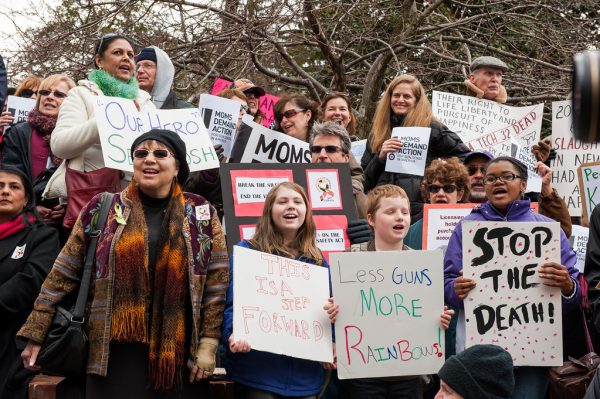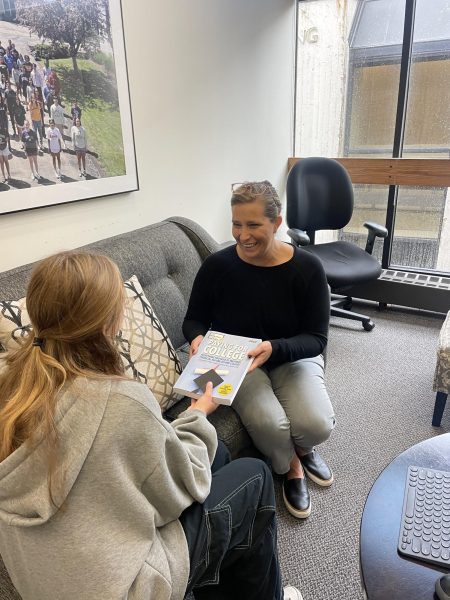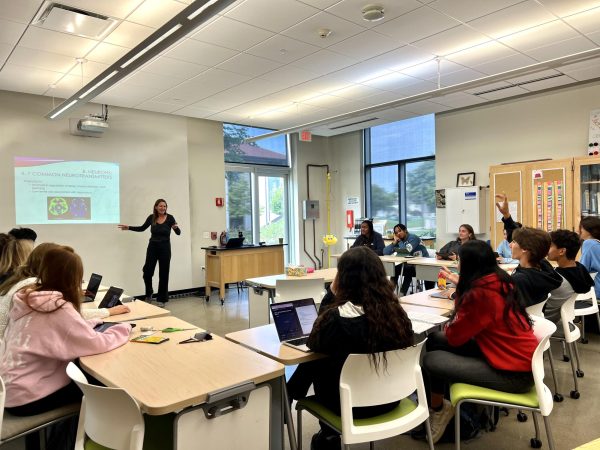Justice For Ahmaud Arbery
March 9, 2022
Two years ago on February 23th, 2020 a 25-year-old Black man named Ahmaud Arbery was gunned down by three White men while Arbery jogged through their neighborhood in Glynn County, Georgia. Travis Mcmichael, his father Gregory McMichael, and neighbor William Bryan suspected Arbery of illegal activity after seeing him pass through the neighborhood sporadically for a six-month period–though there was no evidence of any crime from his alleged trespassing. At 1:15pm these three men pursued Arbery in vehicles before stopping him and approaching him with a shotgun. Recording on his phone, William Bryan captured Travis Mcmichael shot Arbery three times. Arbery was pronounced dead at the scene.
For two months no arrests were made, despite the video and case itself going vibral on social media and national news coverage. After the case was transferred from the Brunswick District Attorney’s office to the Cobb County’s District Attorney’s office their trial was able to begin on charges of malice murder and felony murder.
As of February 22nd, 2022 there is now some room for celebration and relief, as all three men have been convicted of a large list of crimes. All three were convicted of aggravated assault, felony murder, false imprisonment, and criminal attempt to commit false imprisonment. Travis Mcmichael was also convicted of malice murder. Most impactful of all was the conviction of a federal hate crime placed on all three men. The Mcmichaels were sentenced to life with no parole, while Bryan received life with the possibility of parole after 30 years.
However, it is important to remember that this is one of many steps, a small victory on a greater path necessary for true progress and change to take hold in this nation. As Nancy Nassr, Assistant Head of School, said in regards to the acquittal of Kyle Rittenhouse, “There is no amount of justice that heals the secondary trauma of being BIPOC in America and witnessing the inconsistent ways justice is doled out.”
For there to be such a need for pressure from the public in order for the justice system to deliver justice is disheartening. It took two months for the three men to even be arrested. Favoritism also played a role as Gregory Mcmichaels former superior, Jackie Johnson, participated in the investigation causing the transfer of the case from the Brunswick District Attorney’s Office.
The impact of this case is exciting, however, Ted Golota, Math teacher, said “It was very important that the verdict was a hate crime because it set a precedent. Any time that there’s a big case, whichever way it goes, sets an example for future cases. If it were not deemed a hate crime then future cases could fall the same way.”
More impactful and lasting change has been achieved as well. Resulting from the case, Georgia enacted hate crime legislation in June 2020, and repealed, before replacing, its citizens’ arrest law in May 2021. Despite the tragedy of the context, these changes are landmarks that show progress in the right direction and are achievements worth celebrating.
